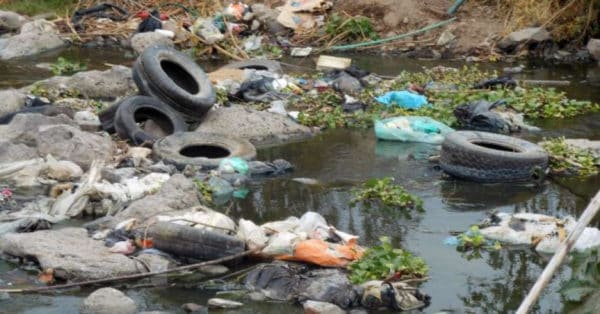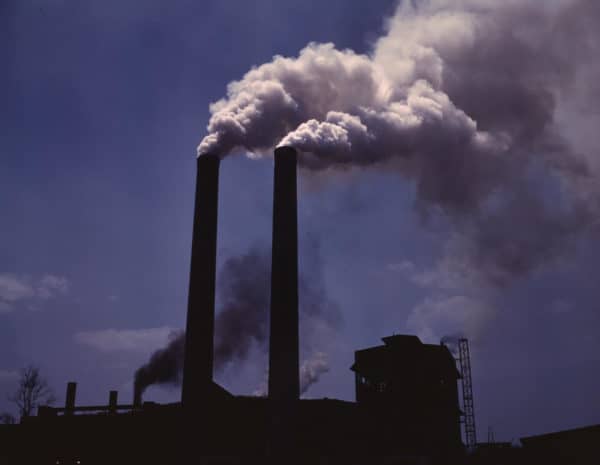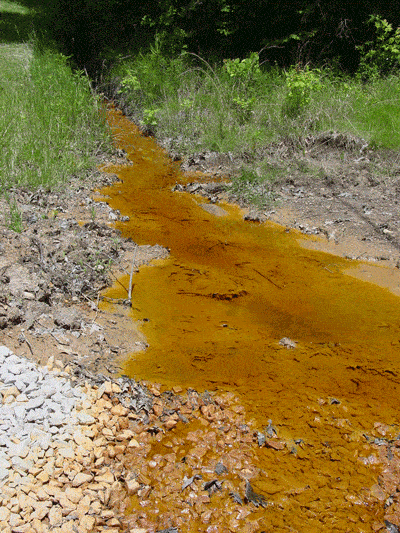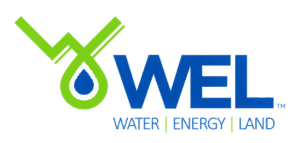By Douglas Lafever – WEL Lead Engineer
The World Economic Forum’s 2019 report rates the risk of a clean water shortage as one of the top ten global risks of this year. It also rates a water crisis as one of the top ten most potentially devastating to human life and well being. Piling it on, the report lists that a man-made environmental disaster is in the same two top risk categories. – see the 2019 Global Risk Report http://www3.weforum.org/docs/WEF_Global_Risks_Report_2019.pdf.
What this means is this planet’s capability to supply fresh and clean water to its inhabitants is not only under stress but is at a crisis stage.

A PLANET UNDER STRESS
The primary stresses to the planetary fresh water supply include man-made pollution and high consumer population. Secondary stresses are global climate shift, which we know is part natural change coupled with acceleration by man-made pollution – see IPCC 2006 report https://www.ipcc.ch/reports/. Add to this any naturally occurring volcano eruption or earthquake and the impact can collapse an already stressed ecosystem. Yes, there are locations of untouched or undamaged resources treated carefully and respectfully by generations of indigenous populations but these cannot be relocated across a planet. Local cessation of pollution production and freshwater conservation and cleanup are the only methods to ensure long-term life on earth.
THE LIMITS OF INFRASTRUCTURE
All planetary life is dependent on sunshine and clean water. Sunshine can be a great contributor to clean water as it powers the rain cycle, and the plant cycle to filter out and refresh levels of water for other plants and animals. This water has been free to all on the planet until a thousand or more years ago when aqua-ducts and piping were invented. At the time these public works moved fresh water closer to the urban population. Now, our underfunded public works clean and filter water to a drinkable minimum for life- not health. But these are under great stress as well. As you read this article “boil water” notices are going out in every state of the U.S. recommending city residents to boil off potential parasites in their tap water.
CLEAN WATER IS WELLNESS
This is the status of the water in the world today. Without clean water, there is no life. Breaking the cycle of continuous pollution is the only path to reducing the global risk of collapse. Glacially responsive regulations only stave off the most persistent and poisonous of man-made pollutants in our eco-system while low particle counts of hundreds of toxins are marginalized as irritants or reclassified as acceptable non-lethal agents. Many of these agents will actually cause long-term adult cellular damage and damage reproductive systems as well as chromosomes in unborn children.

PURE WATER VS. COMPLIANCE
Breaking the cycle means providing mechanisms to clean the water to a pure state, not chemically modifying them to be acceptable for regulatory standards. Modification and regulatory compliance have brought us to a near-global disaster in less than two hundred years. Like a wink in the eye among historical ages so have we polluted the planet in a mere five human generations. There is so much pervasive mercury in fish that it will take decades for fisherman to provide clean fish if all industry stops polluting today.

AN URGENCY FOR CLEAN WATER
The World Economic Forum offers no solution to this terrifying risk of clean water collapse. That is why WEL-Enterprise has stepped up and is dedicated to cleaning up water today and finding ways to stop the generation of pollution altogether. Only clean, intelligent, and sustainable solutions will work to reverse the damage, protect us from unpredictable natural disasters, and create a legacy of support and cooperation with our planetary water resources. WEL is dedicated to thriving health for generations to come.

